Plain packaging a test of resolve on policies that have failed
THE AUSTRALIAN FINANCIAL REVIEW
Comment by DAVID LEYONHJELM
May 2, 2014
For every problem the government tries to solve, it often creates at least one more with no guarantee of fixing the initial problem. That appears to be the case with the former government’s laws mandating the plain packaging of tobacco.
In April 2010 when Kevin Rudd first announced the plan, there was some scepticism as to whether it would work. Then-opposition leader Tony Abbott said: “Now, the Coalition in principle supports all reasonable measures to get smoking rates down. My anxiety with this is that it might end up being counterproductive in practice.”
Coalition deputy Warren Truss said his “chief criticism is that for all the cost and the inconvenience, it will not deliver any result”, concluding that “Australia's bulldust barometers are well tuned, and they have been red hot on this government for a while”.
Particularly alarming was the absence of any evidence to support the proposition. Then-shadow attorney-general, George Brandis, in a debate with Penny Wong on ABC radio, put it best when he said: “And what Penny is pleased to describe as evidence is not evidence at all. It’s a supposition. It may or may not be right. But it’s not an evidence-based supposition.”
This scepticism appears to have been well founded. After nearly 18 months of operation, plain packaging is not having the effect its advocates intended. Last month, Fairfax newspapers reported official industry data showing that “deliveries of tobacco to retailers in Australia rose slightly last year for the first time in at least five years, even after the introduction of plain packaging aimed at deterring smokers.” The news piece also reported that “in 2013, the first full year of plain packaging, tobacco companies sold the equivalent of 21.074 billion cigarettes in Australia . . . that marks a 0.3 per cent increase from 2012.”
LEGAL MINEFIELD
But while it failed to reduce smoking rates, plain packaging has led Australia into a legal minefield. Major trading partner Indonesia, along with Ukraine, Cuba, Dominican Republic and Honduras have taken action through the World Trade Organisation to challenge Australia’s plain packaging legislation, with a further 35 countries possibly joining the dispute as third parties. They argue it creates an unnecessary barrier to trade in violation of our treaty obligations.
In a second case, Philip Morris Asia is suing the Australian government under the terms of the Australia-Hong Kong Bilateral Investment Treaty, which provides protections for international investments in Australia, including in intellectual property.
These two international cases, which will be decided in the next two to three years, could prove financially disastrous. An adverse result could find Australian taxpayers on the receiving end of a compensation claim worth billions of dollars. Former Fairfax business commentator Tim Colebatch said the WTO case “is shaping up to become the biggest trade dispute Australia has ever faced as a defendant”.
There is another issue too. A recent KPMG study found that since the introduction of plain packaging, the black market in illicit tobacco in Australia has boomed, growing by 19 per cent in 2013, and is now costing the government up to $1.1 billion in forgone annual tax revenue. The report also shows a 35 per cent growth in illicit tobacco consumption since the 25 per cent excise increase in April 2010. Australia already has the highest cigarette prices in the region, a whopping 75 per cent higher than Singapore, so it’s not hard to imagine what the forthcoming series of four annual 12.5 per cent excise increases will do to the illicit market.
On October 24, 2013, the Australian Federal Police, Customs, Victoria Police and the Australian Crime Commission announced the arrest of 10 people for alleged illegal tobacco importation with around 71 tonnes and 80 million cigarette sticks seized and an estimated total defrauded taxation revenue of more than $67 million. And just two months ago, Victorian Police announced the second major bust in less than six months of crime gangs involved in illegal tobacco operations, including the seizure of 35,000 tobacco plants. For the government, the proliferation of illegal tobacco in the community is a significant concern. It is not only lost taxation revenue, but an unregulated market with no rules or laws about who it sells to, including minors.
The prospect that plain packaging will put further strain on a budget already in the red, while fostering a new black market, should be a salutary lesson that governments can’t fix every problem. It is also a reminder that governments that inherit bad policy should have the courage to stick to their original convictions and review legislation that clearly isn’t working.



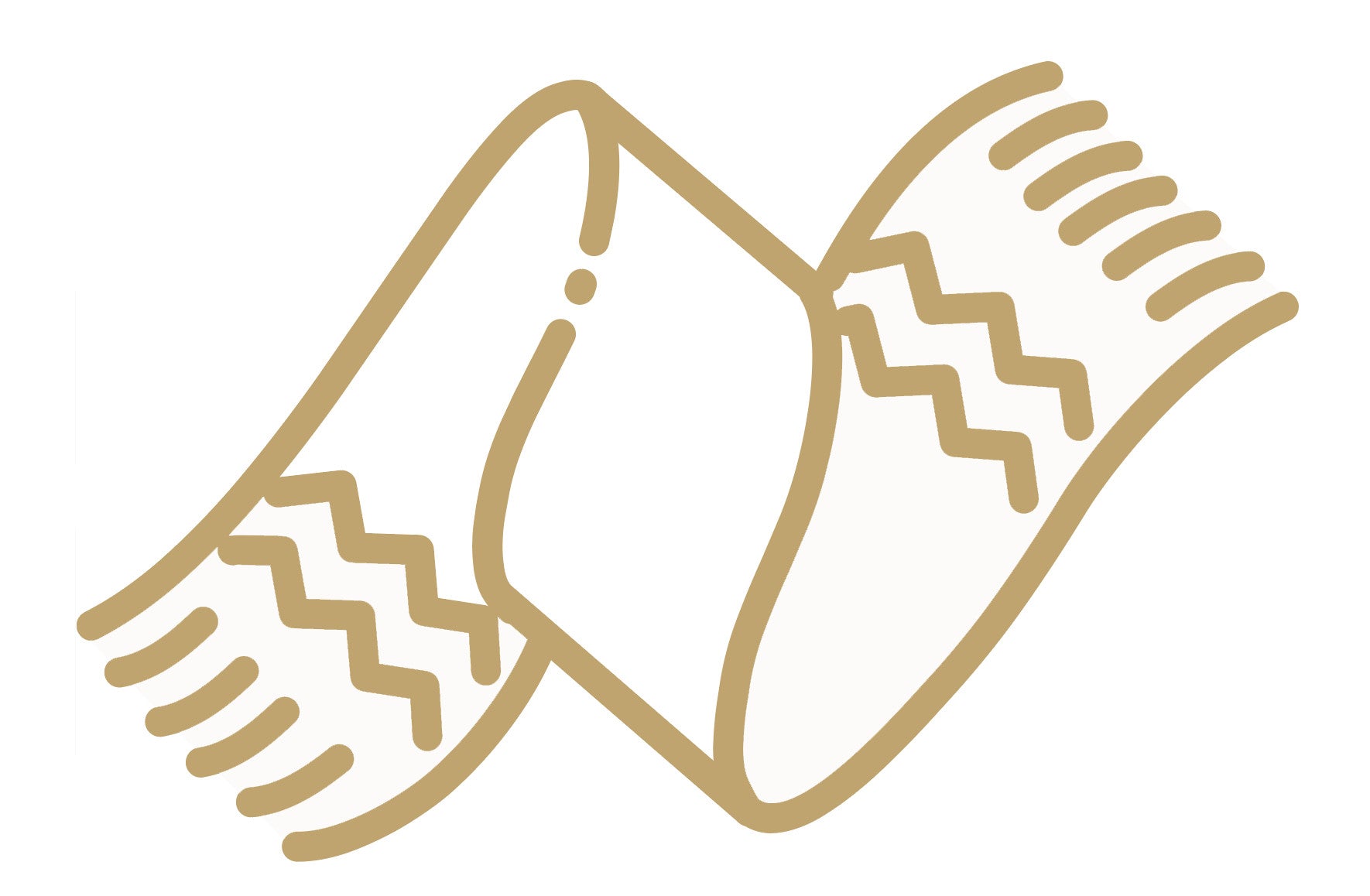

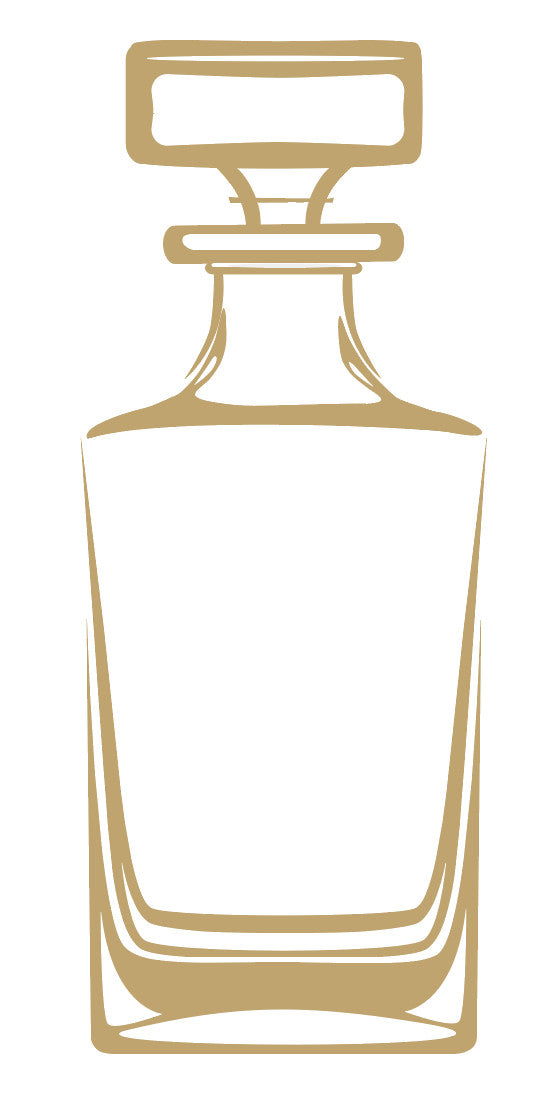












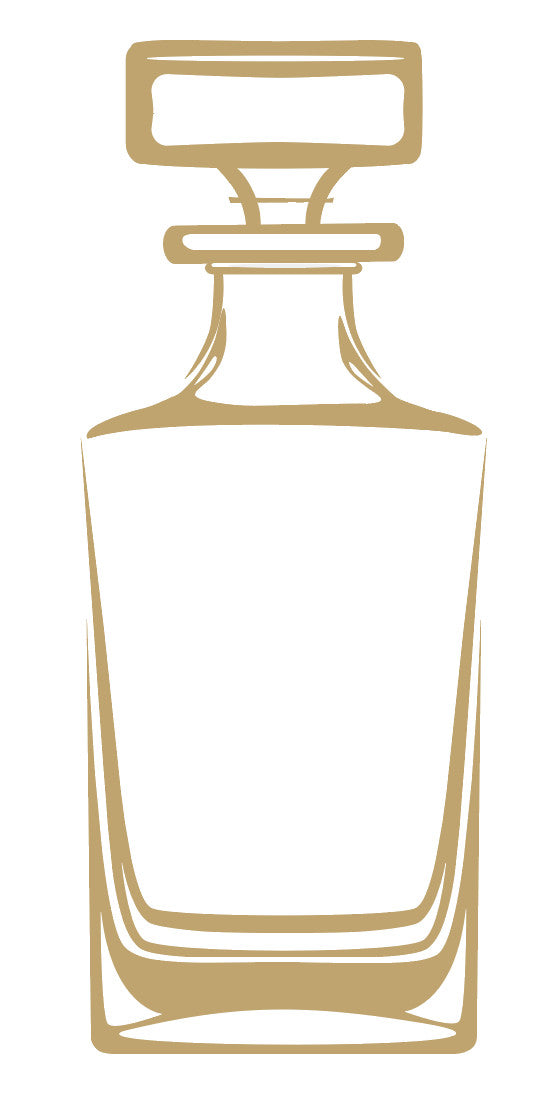







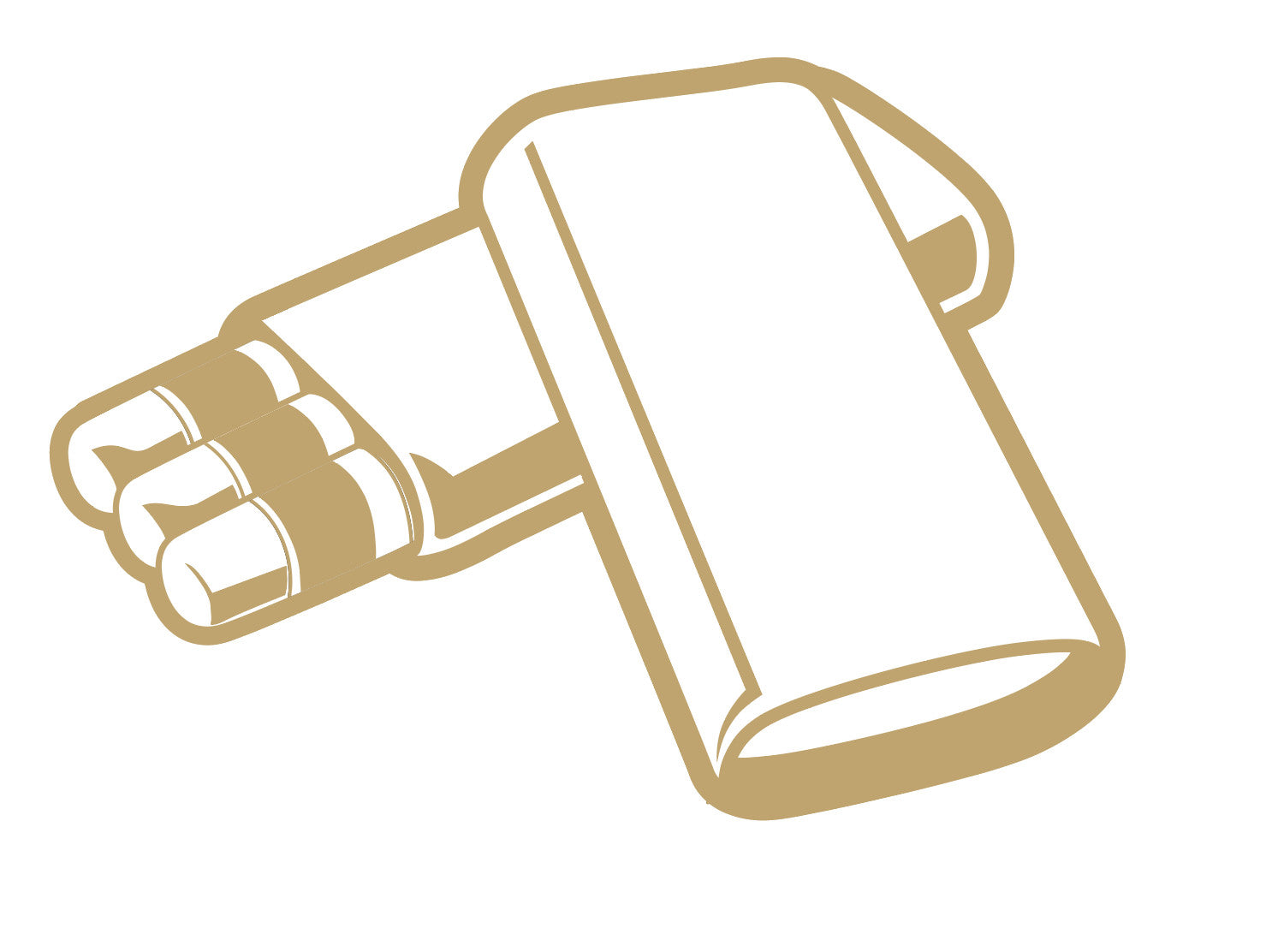

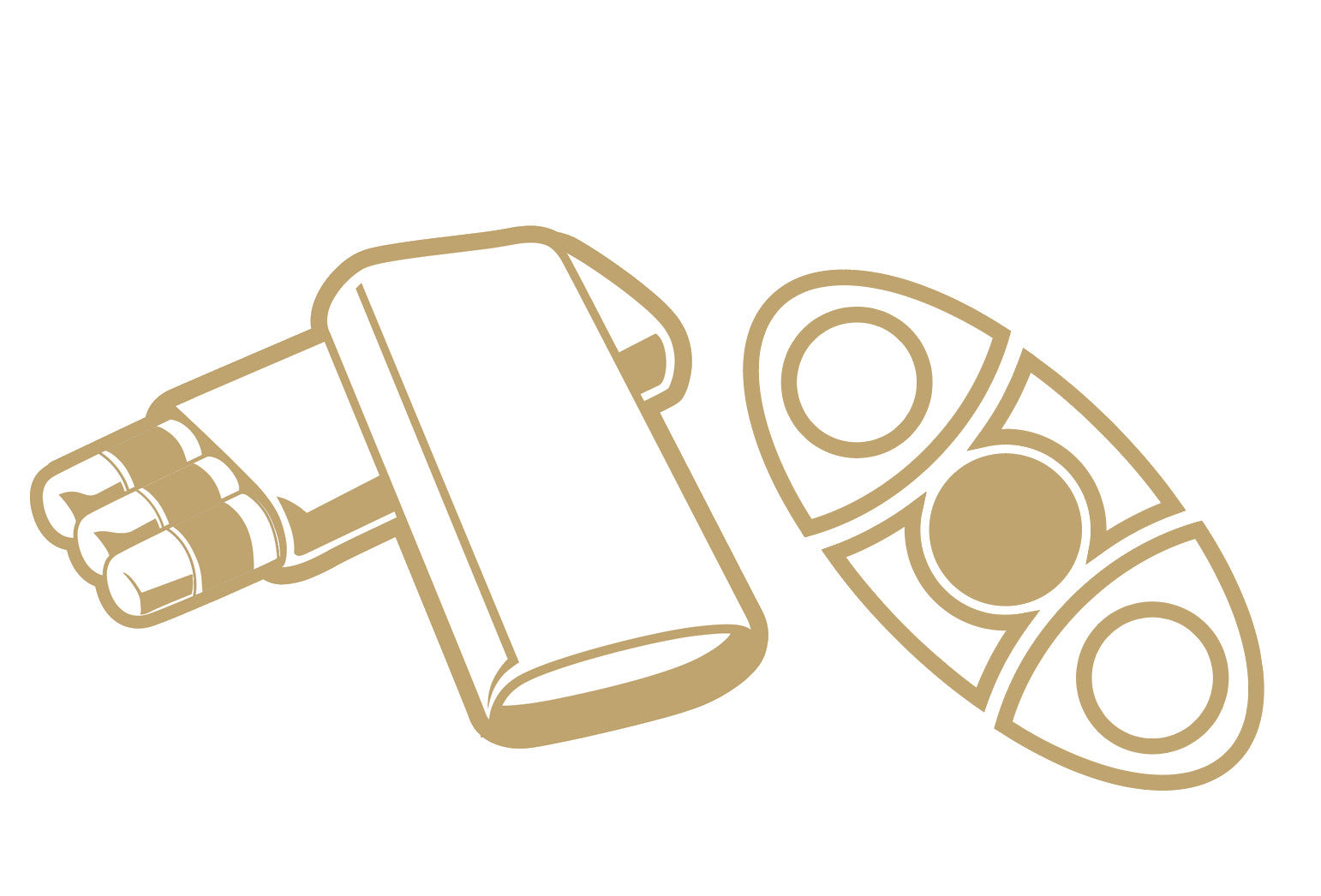





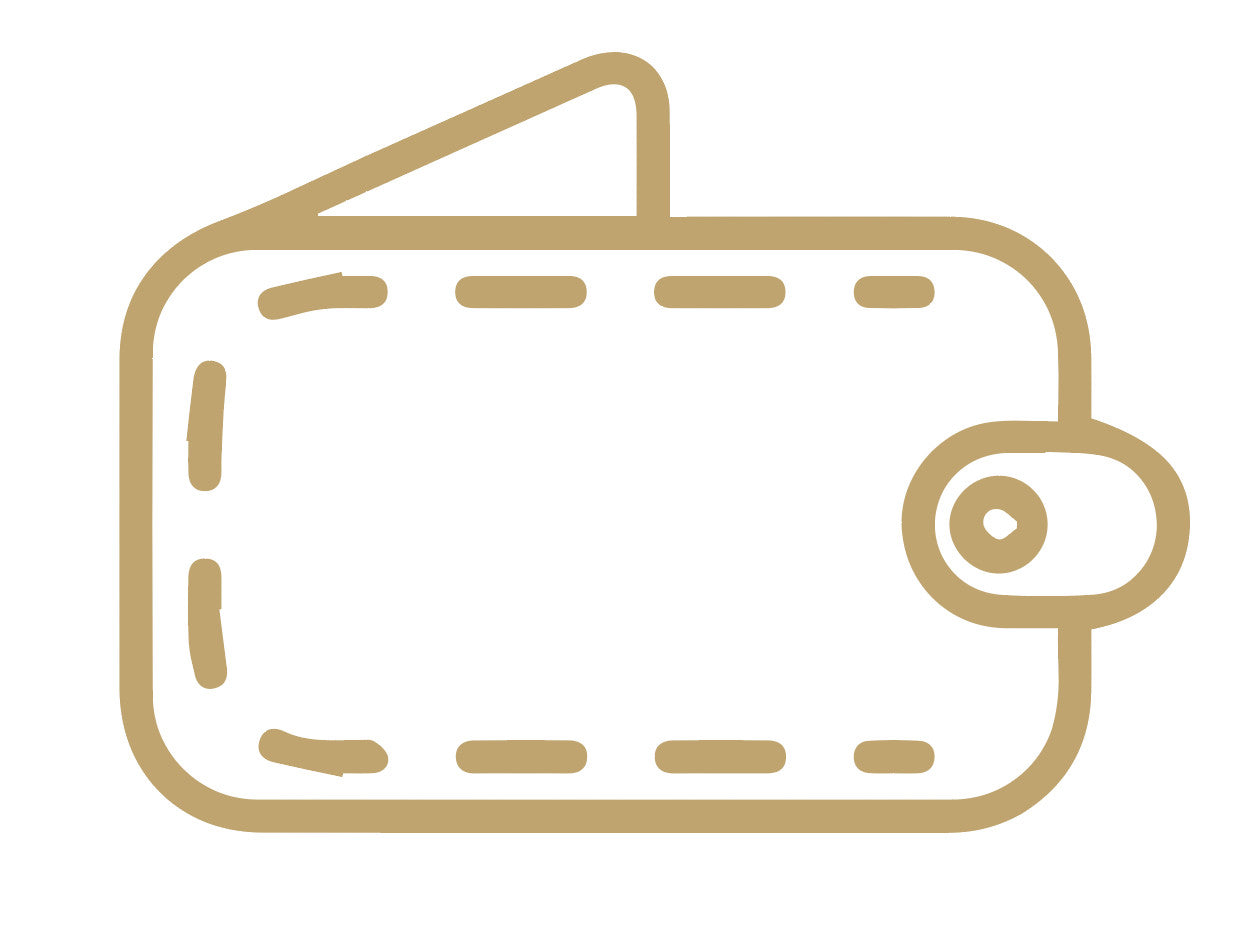



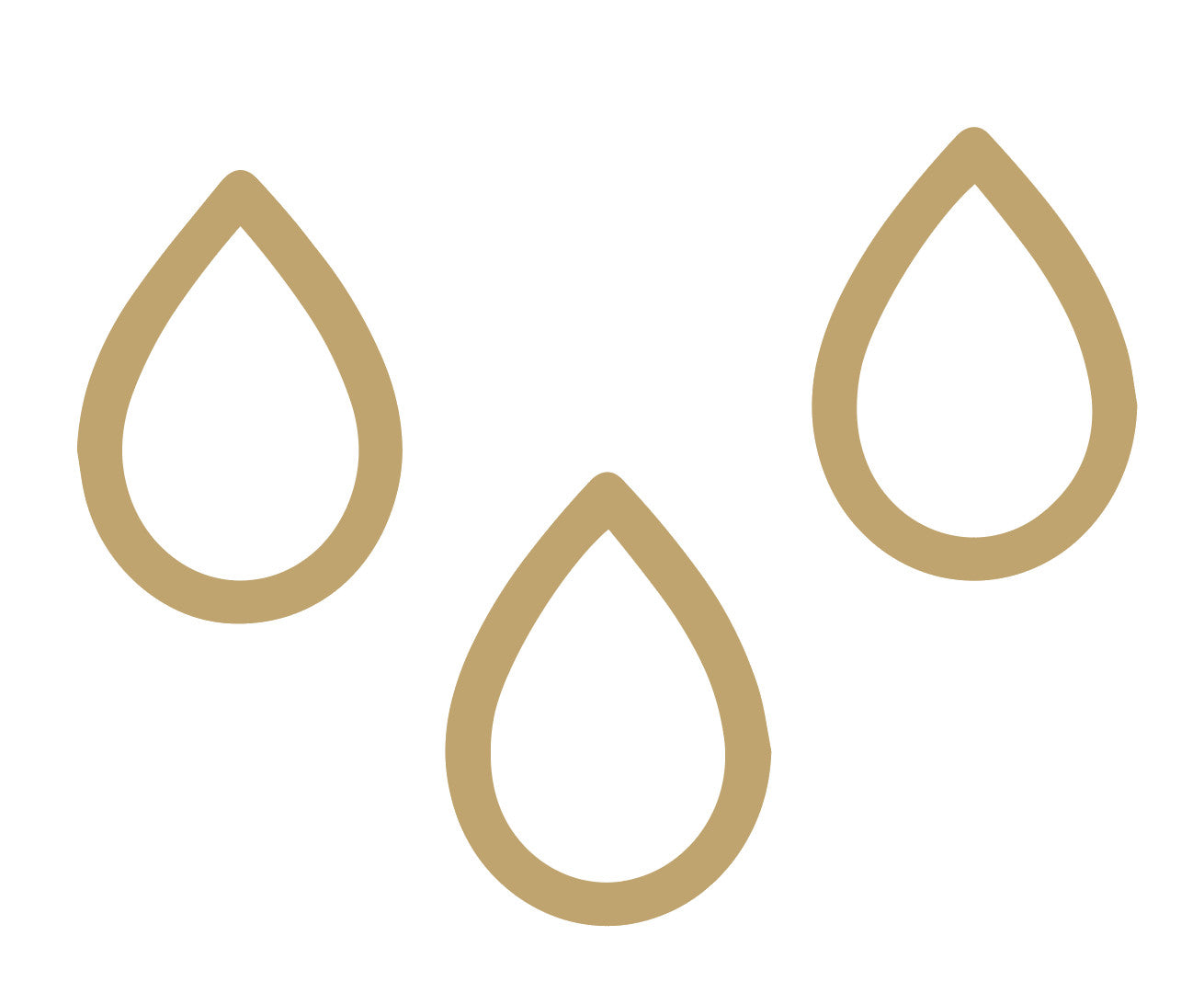




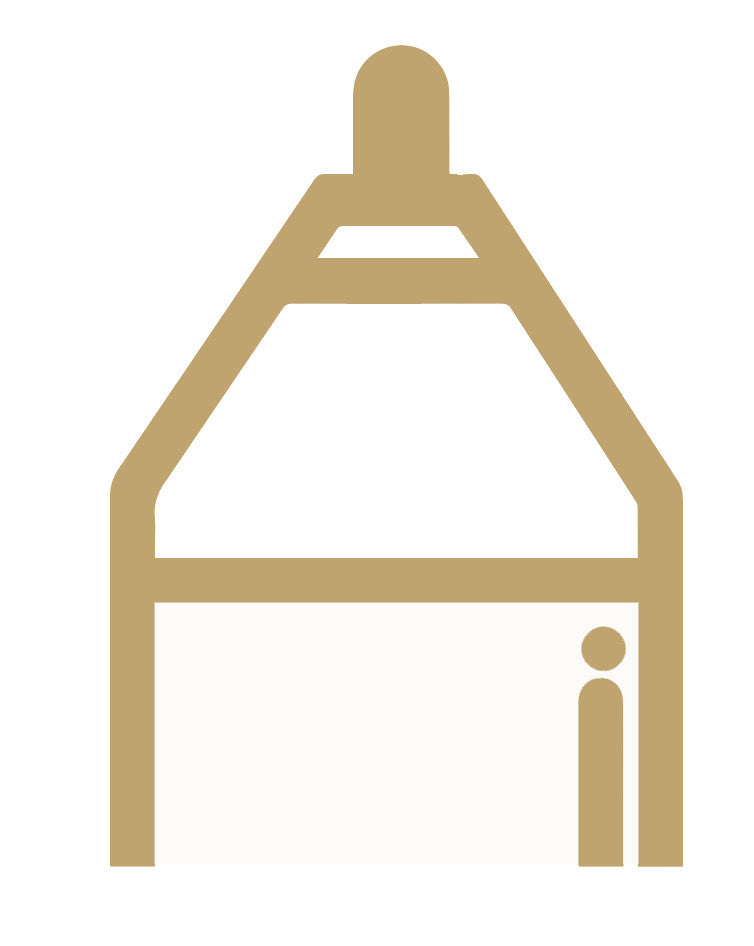


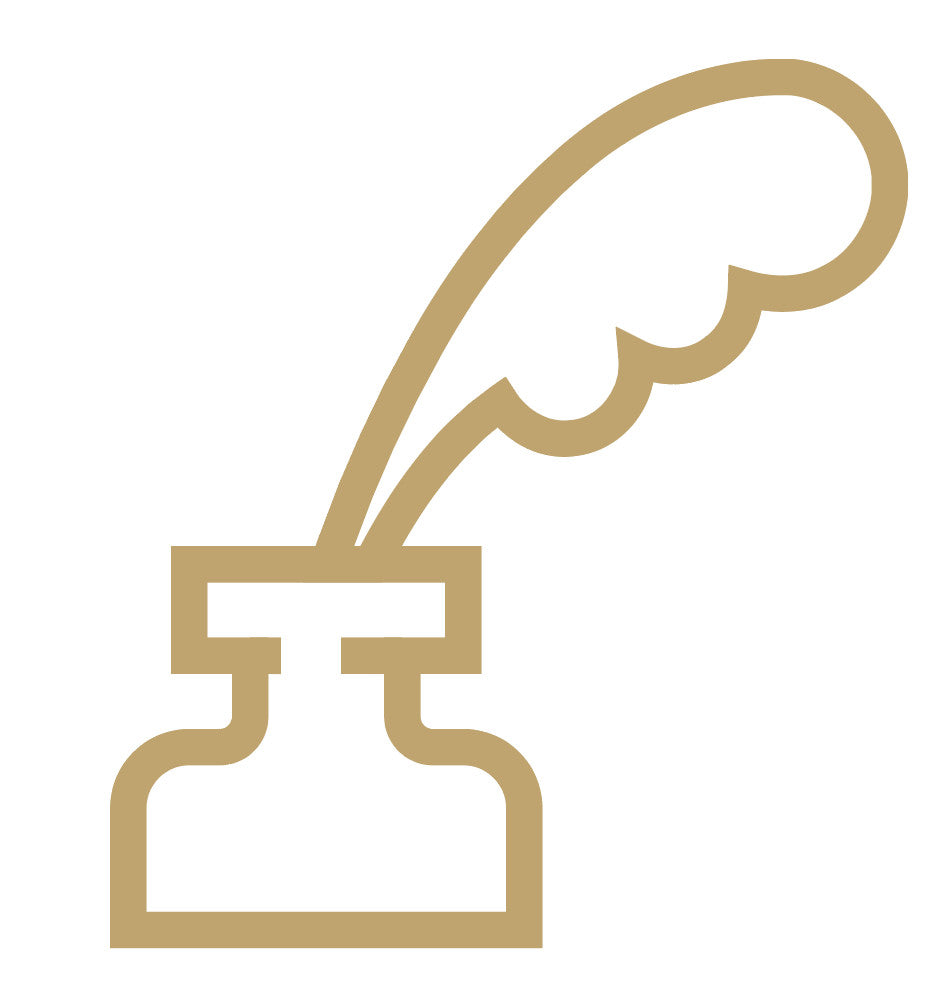












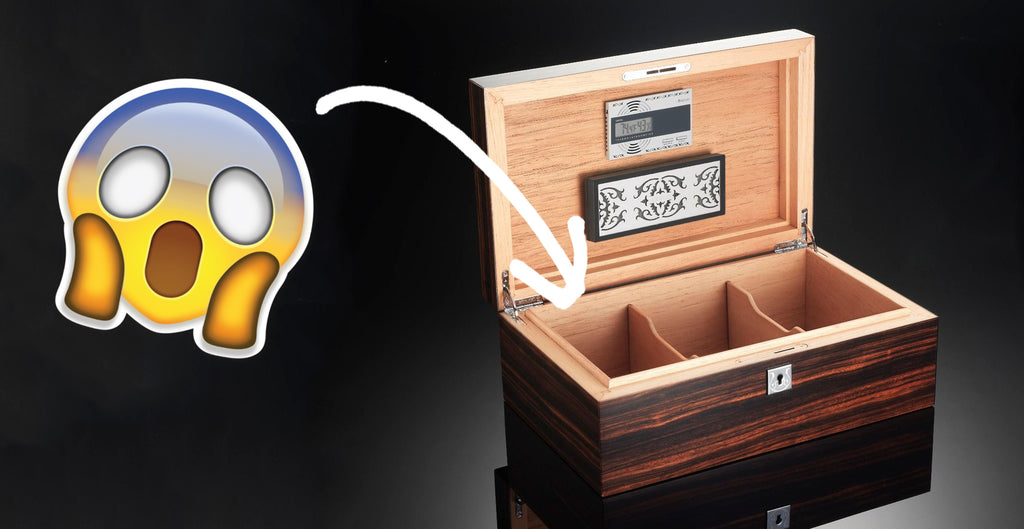
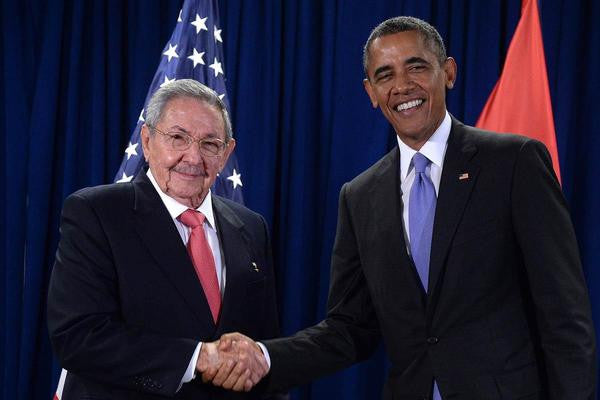
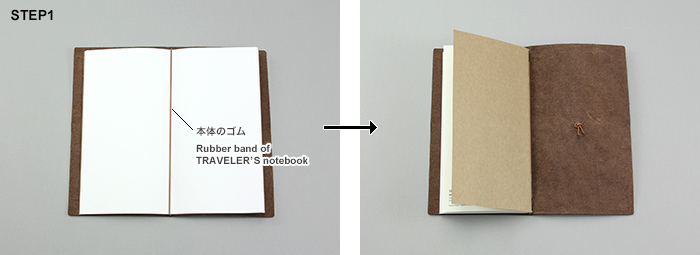
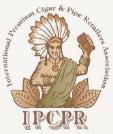
Comments (1)
What is completely lacking is reliable data on the effects of cigar and pipe smoking as opposed to cigarette smoking.
John Morriss - May 05, 2014